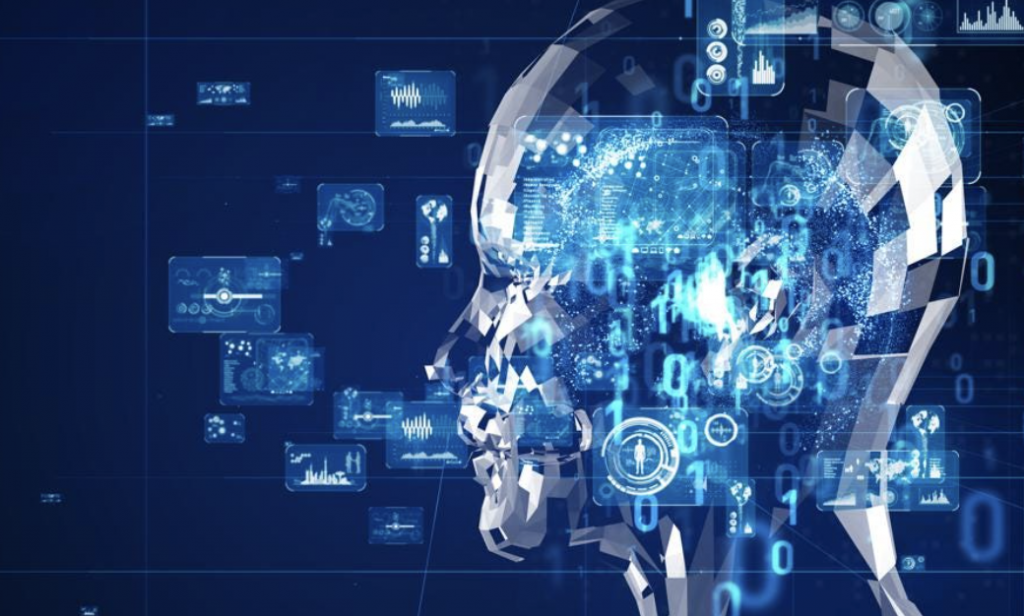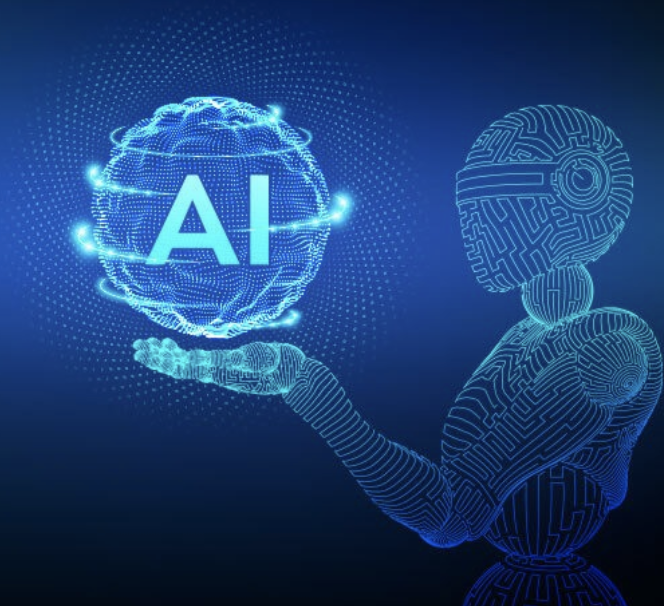The truth that has always surrounded depression is its difficult diagnosis. There has always been a fuzzy line that separates depression from what is not. According to the WHO , depression is one of the most common illnesses in the world. In fact, each year about 800,000 depressed people commit suicide and it ranks as the second leading cause of death among young people between 15 and 29 years old.
In order to combat it effectively, and as in other disorders, medical specialists establish patterns with common symptoms. But neither the symptoms nor the treatments work the same for each patient, since, as they say colloquially, each person is different. Faced with this complex situation, Artificial Intelligence appears with the challenge of personalizing both the diagnoses and the treatments of patients. Technological innovation is put at the service of our mental health.

Artificial intelligence can help to know if brain activity influences the effect of antidepressants. The opportunities offered by Artificial Intelligence applied to ML are encouraging even when it comes to predicting the probability of suffering a depression in the future. A study published in Psychiatry Research has shown that it is possible to identify which patients would be depressed through images obtained by magnetic resonance, and their subsequent analysis using machines subject to machine learning. Discovering the differences between the two groups also determined, with 75% accuracy, the severity of depression among patients.
But as we anticipated before, AI is not only capable of predicting whether or not you are going to have depression, but it also detects this disorder even in the most invisible cases. In this context, researchers from the Weill Cornell School of Medicine (USA) used another technique based on machine learning, in this case applied to the collection of data obtained from a brain at rest.. The specialists were able to analyze the data on the state of the brain of the 52 patients who suffered from depression, compared with the accumulated information on 42 healthy patients. In fact, they have reached another level. After the symptom detection phase, scientists have been able to classify depression under four subtypes linked to factors such as anxiety, stress and lack of pleasure. From BlogThinkBig.com we also echo the importance of Big Data with psychiatry. Because depression is a very unstable disease, the collection of data almost to the minute allows knowing the mood of the affected person at all times and thus improving their therapy. The social network Facebook has recently affirmed that it will be able to do something similar with the data of its users to combat depression, although it questions whether its intervention will really be effective.
The first step was already taken. Thanks to technology, even the most hidden depression has been detected. But now it is worth asking, what is the most appropriate and effective treatment for each patient? The Emory University in the US has conducted another study that also uses the analysis of magnetic resonance imaging to establish patterns of brain activity when the patient is in treatment. On the patterning side, New York University published a recent study, which in this case uses vocal patterns among potential depressed patients. And, there is no doubt that ICTs are getting closer to effectively fighting this disorder, not only detecting it but also treating those who suffer from it. Within this area of rehabilitation, research has also been developed so that depression in a patient does not reach the extreme of self-harm or end his life. For this, the University of Florida has built software with Machine Learning technology that analyzes the medical histories of depressive patients and establishes a probability of suicidal thoughts.

